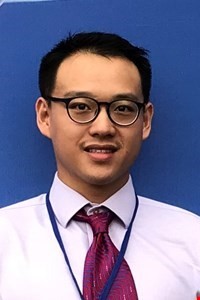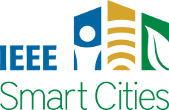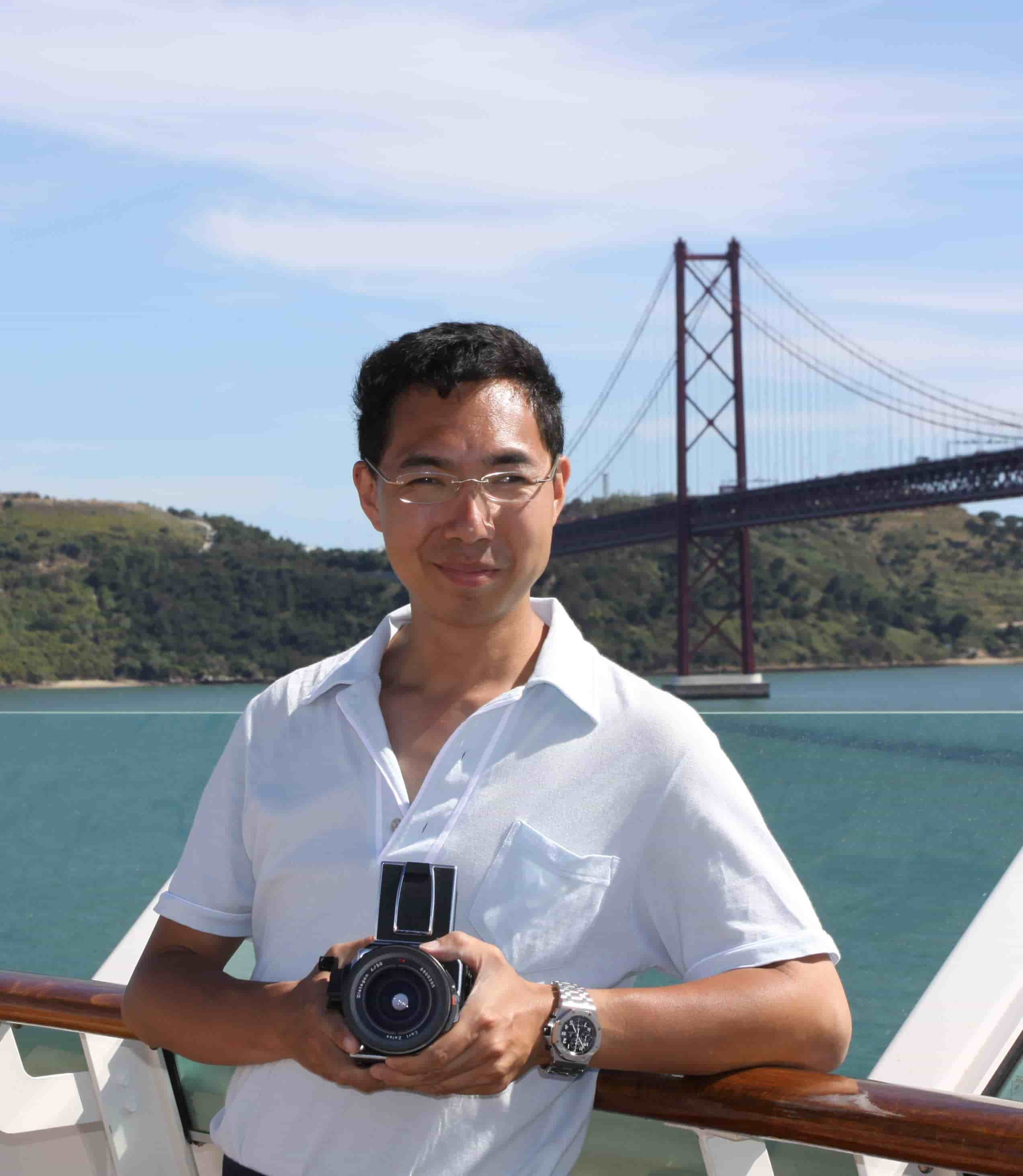Smart Energy Systems in IEEE ISC2 2021
Written by Dr. Chun Sing Lai and Ms. Yifu Ding
This article describes the ten conference articles presented at IEEE ISC2 2021 related to smart energy systems. The main trends are highlighted, and a conclusion is given to examine the vision of smart energy systems.
Introduction
Witnessed by the Industrial Revolution, energy has been a key commodity to revolutionize the society by enhancing efficiency and life quality. The use of fossil fuel to power machineries has proved to be too costly for the environment and society’s well-being. To address the paramount issues of global warming and air pollution, smart energy system including smart grids is a key pillar within the smart city paradigm [1-2].
As described by Lund et al. [2], smart energy systems adopt an integrated holistic approach on the inclusion of various energy sectors including electricity, heating, cooling, which promotes affordable and attainable solutions to the transformation into future low-carbon energy solutions. The ‘Smart Energy Systems’ track at IEEE ISC2 2021 welcomes original contribution and novel ideas to promote smarter and greener way of generating and utilizing energy.
Smart Energy Systems Technical Sessions
There were two technical sessions chaired by Dr Chun Sing Lai and Ms Yifu Ding, with five articles presented in each session. In particular, the following articles were presented at the conference with the themes identified:
Energy Demand Management
- X. Guan, H. Zhang and X. Wan, G. Bai, and F. Ye, “One-to-multiple mobile replenishment path planning with overcharging awareness”
Presented the findings on overcharging-aware mobile replenishment path planning under the one-to-multiple charging mode. The authors proposed a method using the reinforcement learning technique to determine the optimal replenishment path of mobile charger vehicles while mitigating overcharging or starving sensor nodes.
- S. Yoon and E. Hwang, “Price control-based decentralized electric vehicle charging coordination by arbitration type aggregator for smart buildings”
Presented a novel decentralized electric vehicle charging coordination scheme for smart buildings. The aim of electric vehicle owners is to maintain a charging schedule to minimize the overall operating costs according to the price information without publishing much of their personal information.
Microgrids
- M. Simonazzi; N. Delmonte, P. Cova, G. Ferrari, F. Zanichelli, and R. Menozzi,, “Modeling of a university campus micro-grid for optimal planning of renewable generation and storage deployment”
Presented a high-level simulation model for a university campus microgrid. The aim of the model is to construct a digital twin of the campus electric grid which provides simulations on different time scales and providing a first-order evaluation of its electrical, economic, and environmental performance considering the increased renewable energy and battery energy storage system penetration.
Electricity Market and Trading
- Á. Paredes and J. Aguado, “Capacity and energy local flexibility markets for imbalance and congestion management”
Described an efficient local flexibility markets formulation where both capacity and energy products are examined with a linear programming optimization problem to clear the local flexibility markets in a centralized approach. It is considered that flexibility assets exist in the distribution network are controlled by aggregators.
- Bajpai, J. Schindler, and R. Baun, “Systematic design of blockchain based testbed for Peer-to-Peer energy trading”
Presented a discussion on how decentralized energy sharing systems should be designed to efficiently support peer-to-peer energy trading up to thousands of transactions per second. An operational distributed virtual demonstrator based on blockchain technology is developed and presented to maintain reliable energy trading between distributed energy resources.
Multi-Energy Systems
- X. Zhong, W. Zhong, Y. Liu, C. Yang, and S. Xie, “Coalition game approach for electricity sharing in multi-energy multi-microgrid network”
Presented a cooperative multi-energy multi-microgrid network based on coalition game approach. The surplus renewable energy of the system is shared and allocated between three interconnected microgrids rather than being exported into the main grid directly.
- Y. Xi, T. Hamacher, V. Perić , Z. Chen, and H. Lund, “Bi-level programming for integrating flexible demand in combined smart energy system”
Presented a gas-electricity-heat integrated energy system with smart buildings based on bi-level programming framework. The upper level aims to maximum the social welfare and the lower level aims to minimize the system operation cost. The focus is on flexible energy demand including electricity and heat integrated into the smart buildings. Customers can have various options to meet their energy demands.
Heating Systems and Networks
- S. Ghane, S. Jacobs, W. Casteels, C. Brembilla, S. Mercelis, S. Latré; I. Verhaert, and Peter Hellinckx, “Supply temperature control of a heating network with reinforcement learning”
Presented a method using reinforcement learning for the control of heating networks which are connected with low heat demand dwellings. The heating network is connected to a central heat pump and four dwellings. The comparison between a discrete and continuous action space is made against the weight factor of the reward function.
- A. Lorestani, J. Chebeir, M. Narimani, and J. Cotton, “Multi-objective optimization of integrated community energy and harvesting (ICE-Harvest) system based on marginal emission factor”
Presented an optimization framework for the design and operation of a smart energy system. This system comprises of a low-temperature single-pipeline network, generation and storage units, and a set of buildings. The method can provide demand response without impacting on the comfort of the occupants by controlling the network temperature rather than the indoor temperatures.
Computational Methods for Power System Analysis
- S. A. Sadat, “Evaluating the performance of various ACOPF formulations using nonlinear interior-point method”
Presented seven AC Optimal Power Flow (OPF) formulations with each representing a unique optimization structure and sparsity. The author investigates the impact of these ACOPF formulations on the performance of ACOPF algorithms.
Conclusion
The article has identified timely energy system topics such as multi-energy system, peer-to-peer trading, and smart demand side management. To highlight, multi-disciplinary approaches such as energy conversion, digital twin and advanced trading platform are considered to the key to future smart energy systems in most of research.
The presented papers also show a great diversity of energy system coordination strategies and architectures. That indicates the concept of smart energy system is not restricted to technology development such as improving energy efficiency and reducing power losses, but also involves deep discussions including social equity, user privacy, and economic challenges.
References
- Lai, C.S., Lai, L.L. and Lai, Q.H., 2021. Smart grids and big data analytics for smart cities. Springer International Publishing. DOI: 10.1007/978-3-030-52155-4
- Lund, H., Østergaard, P.A., Connolly, D. and Mathiesen, B.V., 2017. Smart energy and smart energy systems. Energy, 137, pp.556-565.
This article was edited by Sara Paiva
To view all articles in this issue, please go to December 2021 eNewsletter. For a downloadable copy, please visit the IEEE Smart Cities Resource Center.

To have the eNewsletter delivered monthly to your inbox, join the IEEE Smart Cities Community.
Past Issues
To view archived articles, and issues, which deliver rich insight into the forces shaping the future of the smart cities. Older eNewsletter can be found here. To download full issues, visit the publications section of the IEEE Smart Cities Resource Center.



